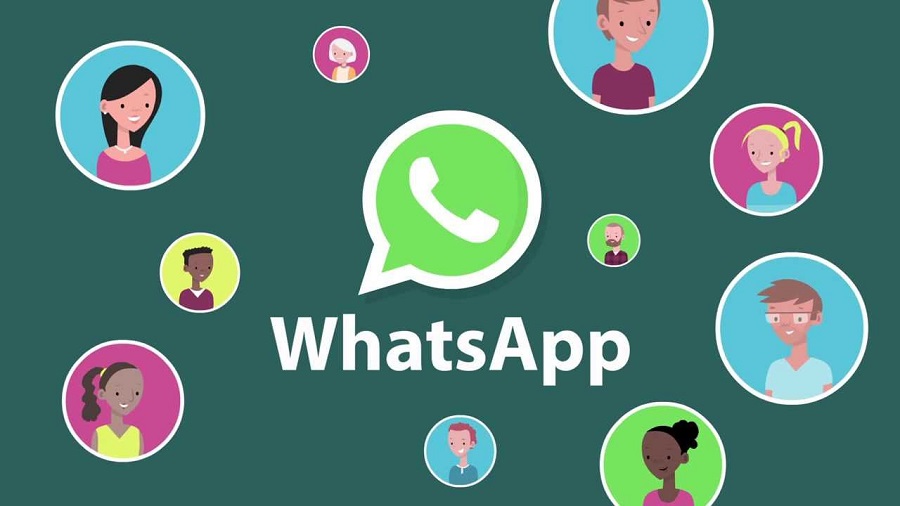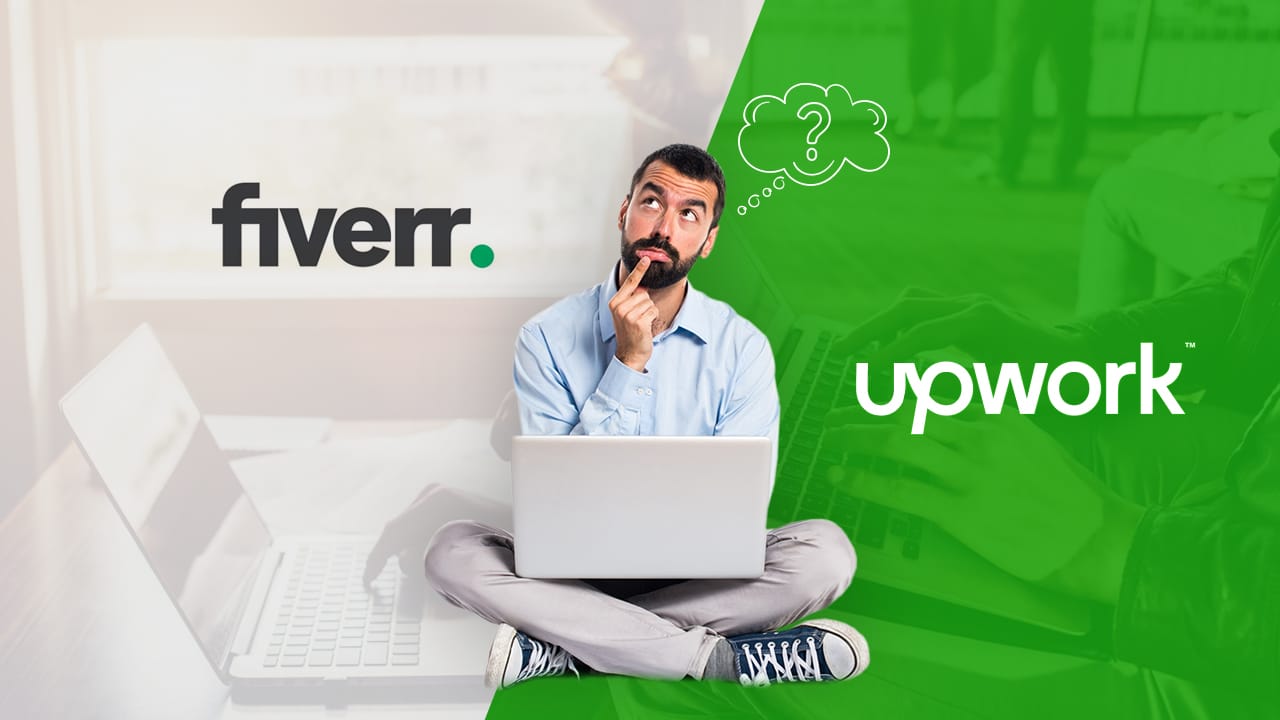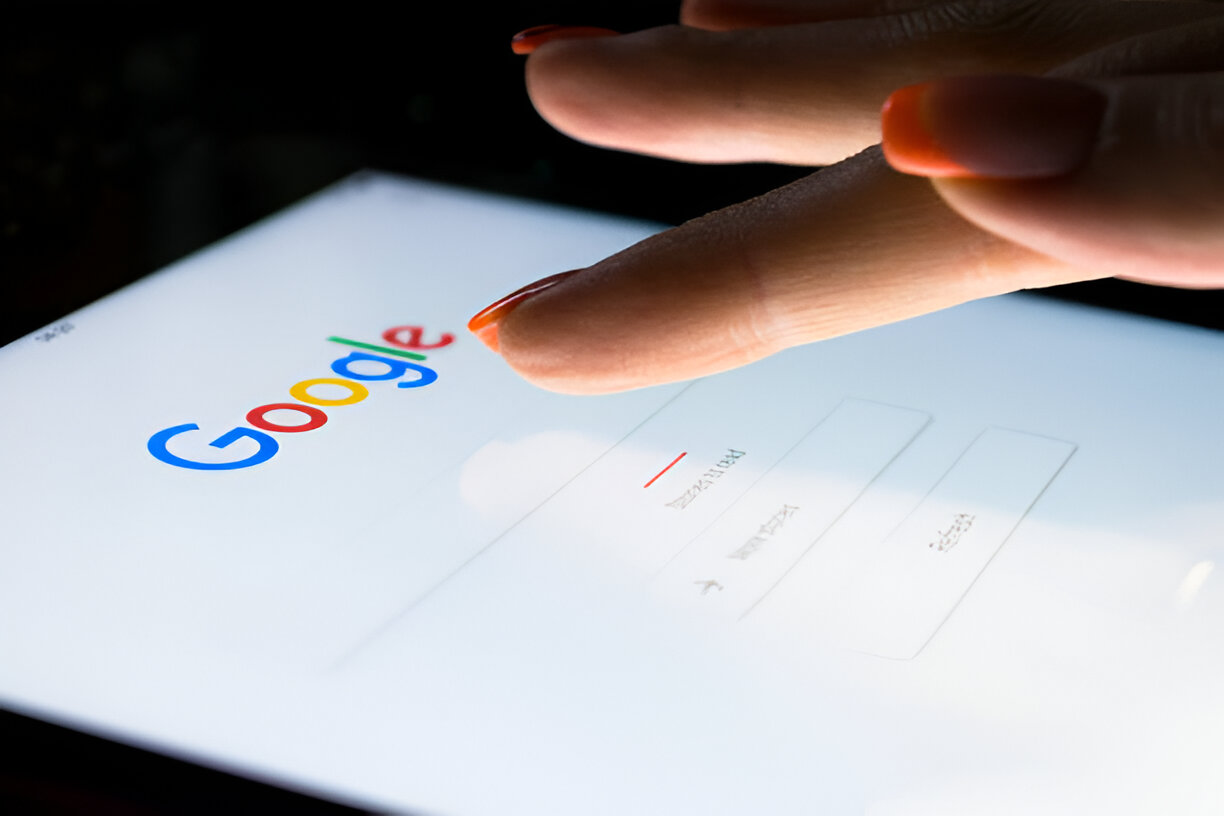If you’ve ever tried selling online in Nigeria, you know WhatsApp is no longer just for sending “Good morning” messages or family group chats. It’s the new market square, buzzing with buyers and sellers 24/7. Whether you’re a student hustling for extra cash, a stay-at-home mom pushing products, or an entrepreneur looking to scale, WhatsApp makes it ridiculously easy to reach customers with just your phone and a data bundle. With over 91.9% of Nigerians using WhatsApp daily in 2025, it’s a goldmine for anyone ready to tap into its potential.
But here’s the thing: not every product sells like hot puff-puff on a rainy day. Some items fly off your Status updates, while others just sit there, ignored. So, what’s worth your time and investment? In this post, we’re diving deep into the top 10 products that sell fast on WhatsApp in Nigeria. No vibes, no theory, just real products that bring in real sales, backed by market trends and customer behavior. Let’s jump right in!
1. Perfumes (Oil and Designer Inspired)
Nigerians love to smell good, and perfumes are a top seller on WhatsApp. From affordable ₦1,500 oil-based perfumes to ₦20,000 designer-inspired fragrances, there’s something for every pocket. Perfumes have a strong emotional pull, as people associate a good scent with confidence, class, and attraction. You can source oil perfumes from local markets like Lagos Island or import designer-inspired ones from platforms like AliExpress for variety.
Why
Perfumes sell fast because they’re an impulse buy with universal appeal. Everyone wants to feel fresh, whether heading to a party or a job interview. Affordable options make it accessible to students and low-income buyers, while premium fragrances attract high-end customers. The small size means low shipping costs and no breakage risk, making delivery a breeze. Plus, perfumes have a high repeat purchase rate, as customers reorder when their bottles run out. Posting short review videos on Status, like spraying a scent and describing its notes, or using phrases like “smells like Dior Sauvage” or “lasts 48 hours,” grabs attention and drives sales.
Pro Tip: Build trust by sharing customer feedback or scent descriptions. Offer bundle deals, like three oils for ₦4,000, to boost orders. Join fashion or lifestyle WhatsApp groups to showcase your perfumes and reach more buyers.
2. Waist Trainers and Body Shapers
Waist trainers, body shapers, and tummy belts are a massive hit, especially among Nigerian women chasing that snatched waist. Whether it’s for fitness goals or just to look curvier in a dress, these products sell like crazy. Prices range from ₦3,000 for basic models to ₦15,000 for premium ones with adjustable straps. Source from wholesalers in Aba or online suppliers for variety.
Why
These products sell because they tap into body image and confidence, a big deal in Nigeria’s beauty-conscious culture. Social media influencers and celebrities rocking hourglass figures on Instagram fuel the trend, and WhatsApp’s visual platform lets you ride that wave. Before-and-after photos or testimonial videos shared on Status can skyrocket conversions. They’re also popular as gifts, especially for brides-to-be or new moms. The emotional appeal of “instant results” makes them a quick sell, even if the long-term effects vary.
Pro Tip: Post weekly offers like “₦5,000 only today!” and share sizing guides via direct messages to help customers choose. Highlight breathable materials or comfort features to address common concerns like sweating.
3. Organic Skincare Products
The “glow gang” is real in Nigeria, with both men and women chasing clear, even-toned skin. Organic skincare products like body scrubs, glow oils, face creams, serums, and masks are evergreen sellers. Prices can range from ₦2,000 for small-batch soaps to ₦10,000 for premium serums. Source from local artisans or trusted online suppliers to ensure quality and avoid fakes.
Why
Skincare sells because it solves personal pain points like pimples, dark spots, or sunburn, which resonate with Nigerians across age groups. The emotional pull of achieving a flawless complexion drives purchases, and organic products appeal to the growing demand for natural, chemical-free options. WhatsApp’s direct messaging lets you share progress pictures or customer testimonials, building trust. Positive word-of-mouth from satisfied customers spreads fast in group chats, turning one sale into many.
Pro Tip: Always clarify that your products are organic and safe for all skin types. Post short Status videos showing how to apply a scrub or the glow from an oil. Offer mini sizes for first-time buyers to test the waters.
4. Human Hair and Quality Wigs
Human hair and wigs are a status symbol in Nigeria, with prices ranging from ₦10,000 for synthetic wigs to ₦100,000+ for premium Brazilian or Peruvian hair. Bone-straight wigs, curly weaves, and colorful options like ombre are in high demand for events, content creation, or daily slay. Source from wholesalers in Lagos or online platforms for variety.
Why
Wigs sell because they’re both a beauty essential and an aspirational purchase. Nigerian women see hair as a way to express style and status, whether for a wedding or a TikTok video. WhatsApp’s visual features let you showcase different styles through high-quality photos or styling videos on Status. The constant demand for new lengths, textures, or colors ensures repeat buyers. Direct messaging builds trust by answering questions about quality or maintenance, crucial in a market wary of shedding wigs.
Pro Tip: Offer payment-on-delivery to boost trust and ensure solid packaging to avoid damage. Share wig care tips or bundle with hair products like conditioners to increase order value.
5. Men’s Fashion Items (T-shirts, Sneakers, Slides)
Men may not shop as often as women, but when they do, they want quality and convenience. Branded T-shirts, trendy sneakers, classy slides, and face caps are top sellers, with prices from ₦2,000 for tees to ₦15,000 for sneakers. Source from markets like Aba or Lagos for affordable, stylish options.
Why
Men’s fashion sells because it offers high return on investment for sellers. You can buy tees or slides cheaply and sell at a good margin. WhatsApp’s visual platform does the heavy lifting, as photos or Status videos of a styled outfit (even on yourself) attract buyers. Men value hassle-free shopping, and WhatsApp’s direct messaging makes it easy to confirm sizes or negotiate prices. Creating urgency with phrases like “Limited Stock” or “Last Pair” pushes quick sales.
Pro Tip: Style your products on a model or mannequin to show fit and vibe. Offer bundle deals, like a tee and cap for ₦5,000, to increase sales. Join male-focused WhatsApp groups like sports or fashion communities to reach your audience.
6. Weight Loss and Slimming Teas
Weight loss teas, slimming coffee, detox blends, and belly-blasting solutions are hot sellers, despite mixed reviews on effectiveness. Prices range from ₦3,000 for a month’s supply to ₦10,000 for premium brands. Source from local suppliers or import from trusted platforms.
Why
These products sell because they target insecurities and hope simultaneously. Nigerians, especially women, are drawn to promises of a flatter tummy or slimmer figure. Testimonials and before-and-after photos shared on WhatsApp Status fuel sales, as buyers trust word-of-mouth. The ease of importing or sourcing locally makes it a low-barrier niche. Health warnings and clear instructions build credibility in a market skeptical of side effects.
Pro Tip: Share real-time testimonials or progress photos (with permission) and highlight natural ingredients. Offer discounts for repeat purchases to keep customers hooked. Join fitness or wellness groups to promote your teas.
7. Baby and Maternity Products
New moms and parents-to-be are a goldmine for WhatsApp sellers. Diaper organizers, breast pumps, nipple creams, baby carriers, soft towels, and baby clothes sell fast, with prices from ₦1,000 for towels to ₦10,000 for carriers. Source from baby product wholesalers or online suppliers.
Why
Baby products sell because new parents prioritize convenience and quality. Moms often lack time to visit stores, making WhatsApp’s direct delivery a lifesaver. Sharing certifications or safety details via messages builds trust, crucial for cautious parents. The high potential for repeat sales (e.g., diapers) and referrals from satisfied moms keeps this niche hot. Posting cute baby product photos on Status triggers emotional purchases.
Pro Tip: Offer free delivery for first-time buyers and bundle deals, like diapers plus wipes. Join parenting WhatsApp groups and provide excellent customer care to build a loyal customer base.
8. Foodstuff in Bulk and Healthy Snacks
With rising food prices, Nigerians are turning to WhatsApp for bulk foodstuffs like dry fish, crayfish, palm oil, ogbono, rice, and beans. Healthy snacks like tiger nuts, dates, or granola are also gaining traction, especially in urban areas. Prices vary, but a bundle of 10 derica of rice and 5 liters of oil can sell for ₦15,000+.
Why
Foodstuff sells because it meets a basic need: hunger. Buying in bulk is cost-effective compared to market stalls, appealing to families and working-class women. WhatsApp’s convenience lets busy people order from home. Status posts showing colorful fruit baskets or cooked meals spark orders. Combo deals and weekend pre-orders drive sales, as customers love value-packed bundles.
Pro Tip: Promote “family bundles” like “10 derica of rice, 2 derica of crayfish, 5 liters of oil” and offer discounts for pre-orders. Join local community groups to reach household buyers.
9. Health Supplements and Herbal Solutions
Health supplements, from “man power” capsules to fertility boosters, immunity vitamins, and herbal mixes, are in high demand. Prices range from ₦2,000 for local blends to ₦10,000 for imported supplements. Source from NAFDAC-approved suppliers to ensure safety.
Why
Supplements sell because Nigerians prioritize health, especially with cultural trust in herbal solutions. Products like fertility blends or men’s performance enhancers have strong word-of-mouth appeal, amplified by WhatsApp’s private messaging for sensitive purchases. Testimonials shared in groups or on Status build trust. The growing focus on wellness post-pandemic keeps demand high across budgets.
Pro Tip: Highlight NAFDAC approval and share success stories (with permission). Offer discreet packaging for sensitive products. Join health-focused WhatsApp groups to reach interested buyers.
10. Phone Accessories and Gadgets
With everyone owning a phone, accessories like power banks, chargers, USB cables, Bluetooth earpieces, phone holders, and ring lights for content creators are must-haves. Prices range from ₦1,000 for cables to ₦10,000 for premium power banks. Source from Computer Village or online platforms.
Why
Phone accessories sell because they’re affordable, essential, and impulse buys. Nigerians replace chargers or earbuds regularly, ensuring steady demand. WhatsApp’s visual platform lets you showcase gadgets in action, like a ring light illuminating a video. Bundle promos, like “Buy 2 get 1 free,” drive sales. Cross-selling (e.g., a power bank with a pouch) increases order value.
Pro Tip: Post videos showing gadget functionality, like a power bank charging multiple devices. Offer warranties or fast delivery to build trust. Join tech or content creator groups to expand your reach.
Why WhatsApp Works for Selling in Nigeria
WhatsApp is a game-changer for Nigerian sellers. It’s free, easy to use, and packed with features like Status, group chats, and broadcast lists that let you reach tons of people without spending on ads. Its personal nature lets you chat directly with customers, answer questions, and build trust, which is huge in a market skeptical of online purchases. It’s also fast, letting you send photos, negotiate prices, and close deals in minutes. The WhatsApp Business API adds professional tools like automated replies and catalogs, making your hustle look legit.
To maximize sales, create a professional business profile with clear contact details and a catalog. Use Status for daily deals or new arrivals, and join relevant groups to network with buyers. Respond promptly and politely to inquiries, and share customer reviews or transaction screenshots (with permission) to build credibility. Avoid spamming, as it turns people off. With 131.7 million internet users in Nigeria in 2025, WhatsApp’s reach is unmatched for small businesses.
Moving Forward
Ready to jump into the WhatsApp selling game? Start by picking one or two products from this list that you’re passionate about and can source affordably. Research suppliers, whether local markets like Alaba or online platforms like AliExpress, and prioritize quality to avoid returns or bad reviews. Build a network by joining WhatsApp groups related to your niche, like fashion, parenting, or tech, and use broadcast lists to keep customers updated without overwhelming them. Stay on top of trends by checking Instagram or TikTok, as these often spill over to WhatsApp.
Consistency is key. Post daily on Status, engage with customers promptly, and offer fast, reliable delivery. Consider payment-on-delivery to build trust, especially for high-value items like wigs or gadgets. Great customer service, like answering questions politely or offering refunds for faulty products, will turn one-time buyers into loyal customers. With a little hustle and a customer-first mindset, you can go from one sale a week to 10 in a day.
Summarized Key Points
- Perfumes: Oil-based and designer-inspired fragrances sell due to emotional appeal, affordability, and repeat purchases.
- Waist Trainers: Body shapers are hot for confidence and beauty trends, boosted by influencer hype.
- Organic Skincare: Solves pain points like pimples and dark spots, with organic appeal driving sales.
- Human Hair and Wigs: Aspirational and essential, wigs sell for style and status with strong visuals.
- Men’s Fashion: T-shirts, sneakers, and slides move fast with good margins and hassle-free shopping.
- Slimming Teas: Target insecurities with testimonials, ensuring repeat sales.
- Baby Products: Convenience and trust drive sales for moms, with high repeat potential.
- Foodstuff and Snacks: Bulk deals meet daily needs, with bundles boosting urban sales.
- Health Supplements: Herbal and wellness products sell via trust and cultural appeal.
- Phone Accessories: Affordable, essential gadgets sell through cross-selling and visual promos.



